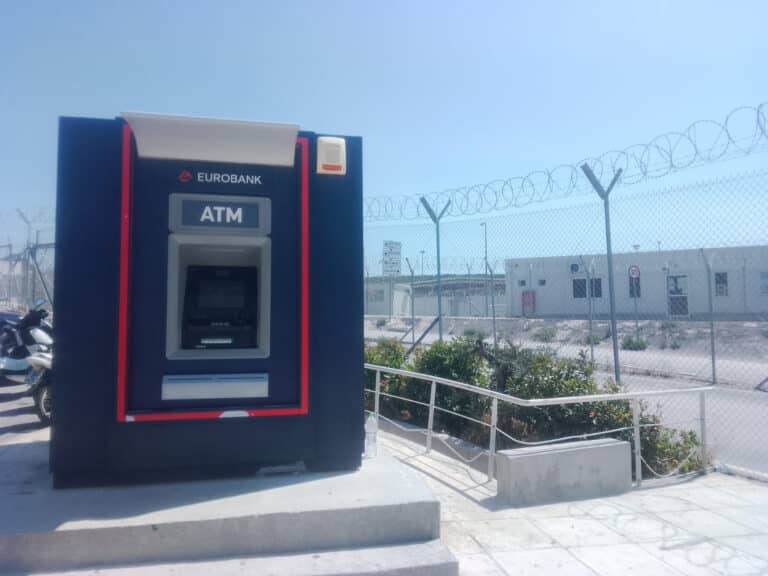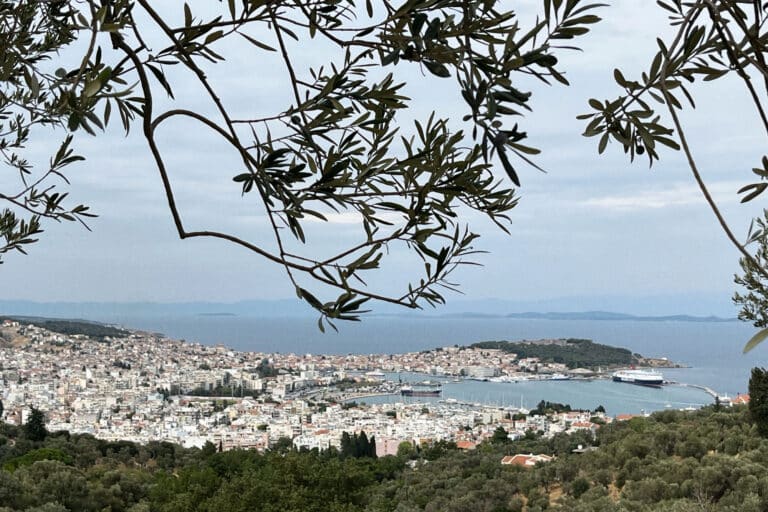CPTnet
6 August, 2010
AT-TUWANI: Palestinian fence damaged in village
Edited from a release provided by Operation Dove
[Note: According to the Fourth Geneva Convention, the Hague Regulations, the International Court of Justice, and several United Nations resolutions, all Israeli settlements and outposts in the Occupied Palestinian Territories are illegal. Most settlement outposts, including Havat Ma’on (Hill 833), are considered illegal also under Israeli law.]
On the morning of Wednesday, 4 August, Palestinians from At-Tuwani found that their fence built between the village and the nearby Havat Ma’on settler outpost had been partially destroyed during the night. The fence, made from cemented metal supports and barbed wire, was funded by European Commission for Humanitarian Aid, Union of Agricultural Work Committee, and Save the Children UK. At-Tuwani villagers built the fence in March 2010 with the aim of protecting crops planted in the area, defining the borders of the agricultural land belonging to Palestinians, and as a response to the ongoing and rapid expansion of the nearby Ma’on settlement and Havat Ma’on outpost. The villagers also constructed the fence to help protect the village from Israeli settler raids (such as the events of 26 January, see “Israeli settlers and soldiers invade At-Tuwani, attack and injure villagers” and 12 June, see “Israeli masked settlers attack At-Tuwani Palestinian village”.
The morning of August 4, Palestinian villagers found 17 poles supporting the fence pulled up and about 100 meters of barbed wire fencing cut in pieces. They suspect that the perpetrators of this action are the Israeli settlers from the outpost. The same fence was damaged on 11 May (see “Palestinian fence vandalized in At-Tuwani village”). After that incident, the owner of the land filed a complaint to the Israeli police, but he has received no update from them concerning the progress of the investigation.
This property damage is just the last of several ongoing provocations carried out by the Israeli army and Israeli settlers which Palestinian communities in the South Hebron Hills have committed to respond to with nonviolent resistance.



